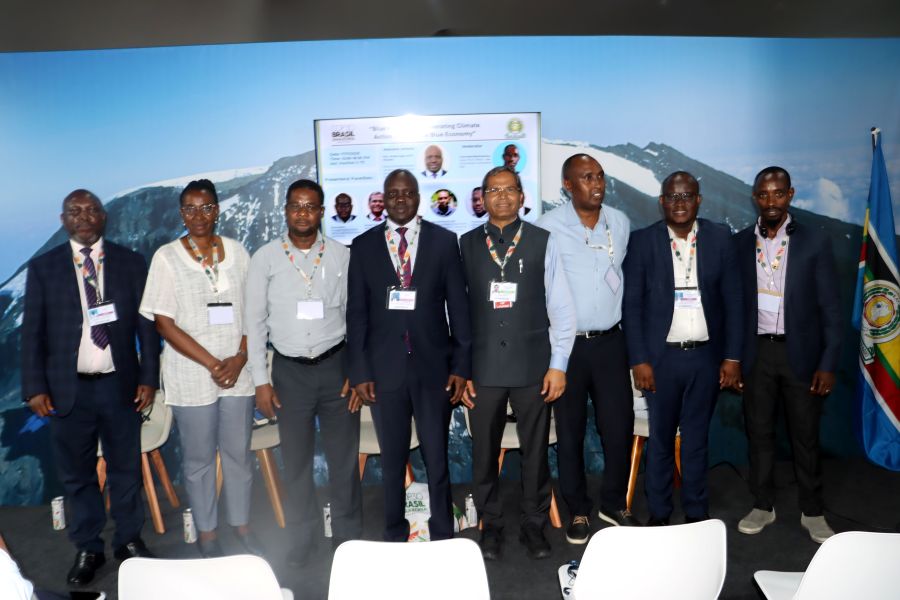
East African Community Develops Regional Blue Economy Action and Strategic Plan
East African Community Headquarters, Arusha, Tanzania, 21st November, 2025: The East African Community (EAC) has partnered with the United Nations Economic Commission for Africa (UNECA) to develop a Regional Blue Economy Strategy and Action Plan (2025–2034).
The Strategy and Action Plan was formulated with technical and financial support from the Sub-Regional Office of Eastern Africa of UNECA (SRO-EA).
The strategy provides a comprehensive framework for the sustainable use and conservation of aquatic resources, including oceans, lakes, and rivers to drive socio-economic development and enhance food security across the East African Community.
Its primary objectives are to maximize economic potential through job creation and value addition, alleviate poverty, and promote regional cooperation, all while ensuring environmental sustainability.
Critically, the strategy is directly linked to climate action. It promotes low-carbon development and strengthens the region’s climate resilience by protecting and restoring vital aquatic ecosystems, such as mangroves and coral reefs, which act as natural defenses and essential blue carbon sinks.
Additionally, the Strategy aims to guide the implementation of Blue Economy activities at both national and regional levels, enhance regional integration, and strengthen support to Partner States in translating policies into concrete actions.
The Strategy is now awaiting final approval by the EAC Council of Ministers in the upcoming meeting.
Deputy Secretary-General in charge of Infrastructure, Planning, and Productive, Social, and Political Sectors, Hon. Andrea Ariik Malueth, made the announcement during a side event at the United Nations Climate Change Conference (COP 30) in Belém, Brazil.
The EAC hosted a side event titled “Blue Horizons: Accelerating Climate Action through the Blue Economy,” which was attended by stakeholders from EAC Partner States.
The Blue Economy in East Africa encompasses the sustainable use of aquatic resources both coastal and inland to drive economic growth, social development, and environmental sustainability.
Its components can be grouped into key sectors and activities, each with economic, ecological, and social dimensions.
Among the components include fisheries and aquaculture, maritime transport and ports, coastal and marine tourism, and water and transport inland water ways.
For More Information, please contact.
Baraka Karama,
Communication Officer,
Lake Victoria Basin Commission
P.O. Box 1510-40100.
Kisumu, Kenya,
Email: This email address is being protected from spambots. You need JavaScript enabled to view it.

